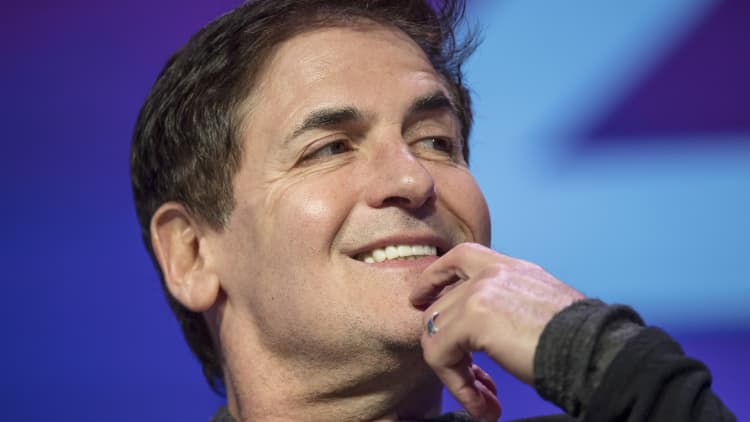About 15.4 million consumers. That's an increase of 16 percent from 2015 and the highest total since 2004.
Including all types of fraud, hackers stole $16 billion in 2016, and, according to a report from Credit.com, that number could rise to $8 trillion in the next five years.
But there could be a new way to protect yourself: Virtual credit cards that provide only a temporary 16-digit card number, and, depending on the card issuer, a custom spending limit and an expiration date.
"Virtual card numbers reduce risk by eliminating the need to use your physical card number," the report says. "If, at any point, a thief gets a hold of your virtual card number, they won't be able to exceed the preset spending limit or make purchases beyond the predetermined expiration date."
Some virtual numbers even work only with specific merchants, the report says.
That's in contrast to physical credit and debit cards, which can be used more broadly. And, if yours get stolen, you could have to pay. While user liability for fraudulent credit card use is only $50 max, the Federal Trade Commission notes, debit cards are represented under the Electronic Fund Transfer Act, and consumer liability is based on how soon false charges are reported.
"Liability varies based on when you report the loss of your card," the report notes. "You could be responsible for all the money taken from your card account if you fail to report it in a timely manner."
That could be especially bad news for millennials, as nearly 70 percent of them believe debit cards are as safe as, or even safer than, credit cards, according to a national Compare Cards-Lending Tree survey.

While virtual cards offer some security perks, they are not perfect.
"Keep in mind that not all credit card issuers offer the service," the report says. "Third-party virtual service providers exist, but their quality of service may vary and they require you to sign up for an additional account. Plus, switching to virtual card numbers won't completely protect you from fraud or theft. You still need to monitor your statements for unauthorized activity."
"Whether you use virtual card numbers or traditional credit cards," the report adds, "it's important to check your credit card statements and your credit report regularly to keep abreast of potential fraudulent and unauthorized activity."
That includes creating unique passwords for online-banking accounts, tracking unusual changes in your credit score and setting up financial notifications, through your bank or a mobile app, that alert you of suspicious account activity.
Some entrepreneurs suggest staying away from credit cards altogether.
Billionaire Mark Cuban, owner of the Dallas Mavericks, says "credit cards are the worst investment that you can make."
That's largely because of interest rates, he says, which average about 16.4 percent. The more interest you stack up, the harder it can be to pay your balance.
Cuban says the money he saves by avoiding credit card debt "is better than any return I could possibly get by investing that money in the stock market."
Comedian and self-made millionaire Jay Leno has a similar view. "I barely use credit cards," he tells CNBC Make It. "I don't carry any debt. I don't write checks at the end of the month for anything. I didn't buy my house until I had cash.
"When you own something and you don't have to write checks every month," he adds, "you're just better off."
Like this story? Like CNBC Make It on Facebook
Don't miss:



